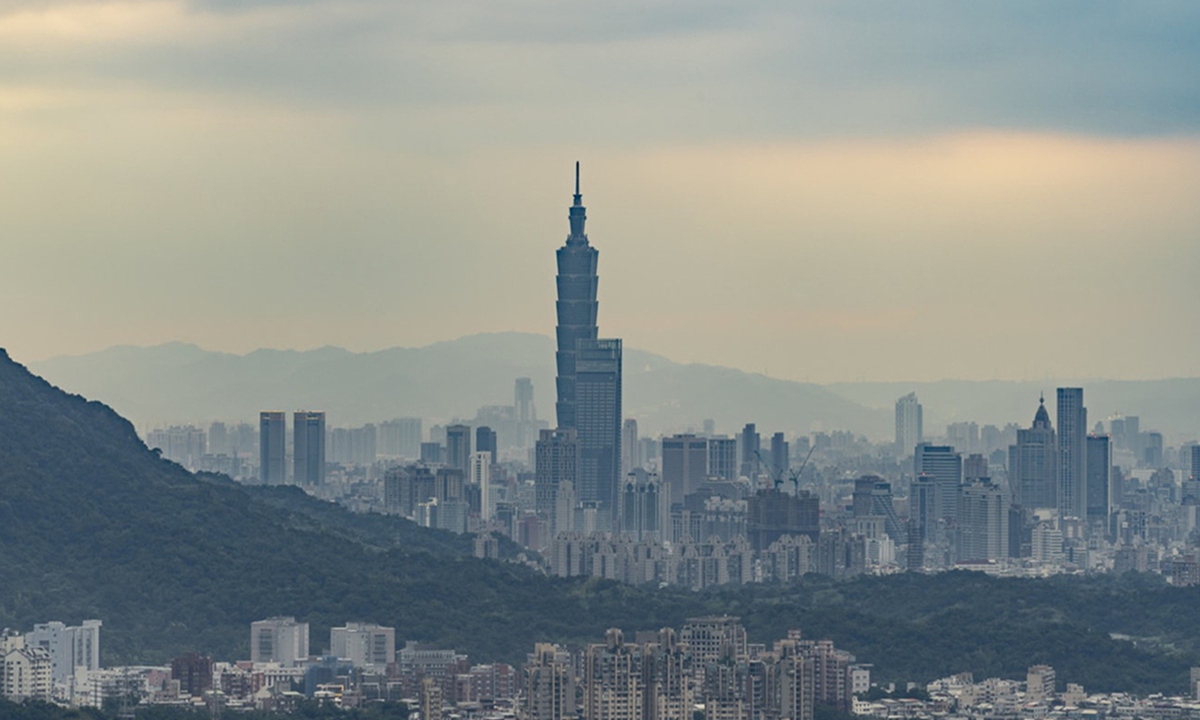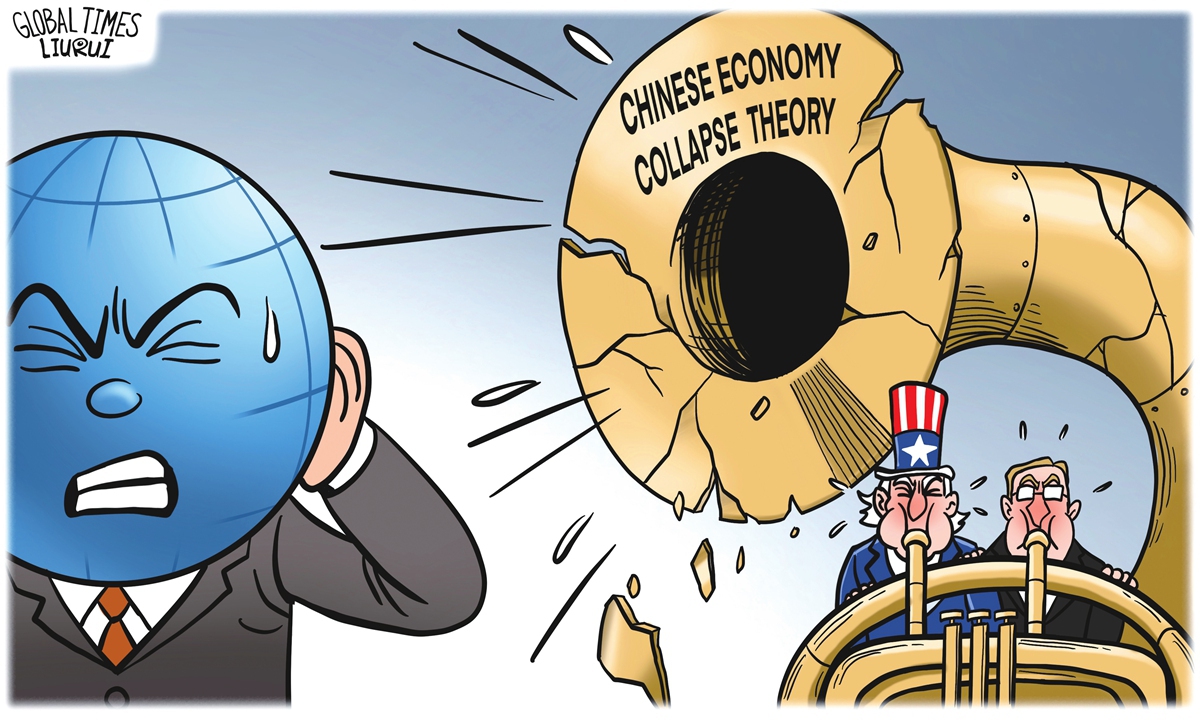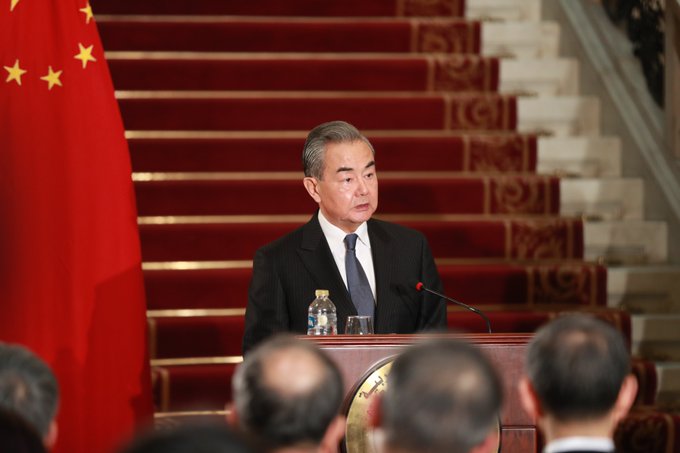EXCLUSIVE PETALING JAYA: There is a small segment of the police force that is delinquent, the Inspector-General of Police (IGP) has admitted.
He said only about 2% of the police force have been found to have committed wrongdoings last year. Nevertheless, with a 137,000-strong police force, that means about 2,740 personnel have been found to be rogue.
Tan Sri Razarudin Husain (pic), exasperated and concerned over the bad press the police have received recently, is telling his officers to carry out their duties honourably to earn the trust and confidence of the public.
“I urge personnel, especially frontliners, who carry out their duties with integrity to elevate the image of the police force. Serve the public with integrity, this is all I ask,” he said.
Razarudin said that apart from disciplinary action including pay cuts, demotions, suspensions and dismissals over various wrongdoings, several police officers were also charged in court for committing serious crimes.
“It is this small percentage of cops who bring ill-repute and tarnish the image the police force.
These wrong-doers will face severe consequences. No crooked cop will be tolerated or spared from stern action.
“If their supervisors or station heads are found to be incompetent, then we will transfer them out and replace them with capable officers,” Razarudin told The Star.
ALSO READ: : Major shake-up coming for Selangor police stations
He said the police Integrity and Standard Compliance Department (JIPS) would continue to weed out delinquent personnel.
Over the past month, rogue cops have left the police top brass red-faced after running foul of the law.
On Sunday, a police station chief from Johor was caught on video assaulting a man at an undisclosed location. Johor police said the man was also transferred to the Batu Pahat police headquarters while he awaits the outcome of investigations.
On Wednesday, two Ampang Jaya policemen were arrested for allegedly raping a foreign student and robbing her male friend in Bukit Ampang View in Ampang Jaya.
ALSO READ: : Sergeant pleads not guilty over RM20k bribee
On Jan 4, four policemen from Kuala Lumpur were held for allegedly extorting RM10,000 from a man in Kepong.
Another six policemen attached to the Brickfields district police headquarters were arrested at a house in Taman Tan Yew Lai on the same day for allegedly processing ketum leaves for distribution and their own consumption.
Last month, three policemen who were part of a raiding party of a major operation against illegal immigrants at Jalan Silang on Dec 22 were arrested for stealing RM85,000 from a store.
On Dec 19, senior cop Deputy Supt Mohd Nazri Abdul Razak, 44, was charged with murder in Ipoh for allegedly crashing his car into a 17-year-old student and causing his death four days earlier.
Razarudin said daily reminders to stay away from undesirable acts are issued to frontline personnel who perform patrol duties or crime prevention rounds.
ALSO READ: Bukit Aman will not compromise when it comes to rogue personnel
“They are constantly checked by their supervisors. They are reminded of their responsibility and to stay away from all wrongdoings in their daily briefings too. All rules, the dos and don’ts are all in place and we regularly improve these measures.
“However, despite drumming all these good values and advice into them, there are recalcitrant personnel who are defiant and choose to be involved in such acts.
“I can only say that it just boils down to one’s character and principles. If a person has evil intentions, no morals, no fear of God and the law, he will commit such acts,” he warned
Related stories:
Major shake-up coming for Selangor police stations
Sergeant pleads not guilty over RM20k bribe
Bukit Aman will not compromise when it comes to rogue personnel

















